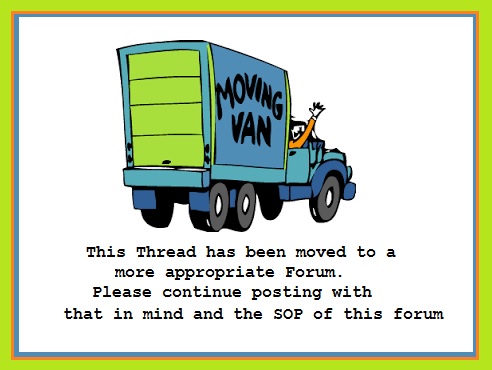If slaves were acquired during war as described in
Deuteronomy 20:10-18 for punishment, it seems unjust that God would judge a whole nation by the actions of a group of individuals within that nation, even if that group constitutes the majority of the nation. At the very least, there would have been young innocent children and unborn babies who did not deserve to be enslaved. God, being omnipotent, could easily have made every wicked individual drop down dead if he wanted while sparing the innocent ones. However he ordered these innocents to be punished as well. He did this multiple times throughout the Old Testament.
In following what I stated above in my previous post, and going back again to address more of the contexts and the inherent axiological issues of just the first portion of your post in #341, I'm going to challenge what I see is the next problem. And that is: your imported assumption about what constitutes "justice." You say "it seems unjust that God would.....[X] . So, there are really at least two issues (although there's more, really) that I'm going to bring up here and those are:
1) Your implied, but unspoken, unspecific, and undefined notion of "justice" can't just simply be brought into the discussion and bandied about unchallenged, without its own justification and without critique or applied deconstruction. No, as I've said elsewhere, "what is sauce for the goose is sauce for the gander," and this applies then not only to what we think is God's sense of justice as we find it in the O.T., but it applies to yours as well, the latter of which in this case hasn't been either yet established or demonstrated as supreme. No, if anything, your notion of justice is simply, "modern."
2) To put this in simple terms, and without yet unpacking the literary context(s) which support the following biblical maxim, let me direct your attention to the following hard-hitting biblical "truth" that most of us today eschew and to which we automatically express a knee-jerk reaction, and that is: God judges not only individuals, but at times and under certain conditions,
entire cultures that, in His view as Author of Life and Creator,
have become increasingly dysfunctional and
destitute of those moral structures that He would expect, at the least, for even the most headstrong and aloof of today's atheists to exhibit. The Canaanites in these passages are not the ancient (or innocent) 'brothers' of today's Liberally inclined political establishment.
So, before we can move forward to even look at the hermeneutical implications and constructions of what we think we find at first glance in Deuteronomy 20:10-18, we have to first address the two points I've brought up above. The fact is, interpretation of the bible is a community activity, and no one, not me and not you gets to waltz into the biblical literary framework and non-chalantly begin to interpret the contents as we see fit and on our own terms. No, we're accountable for 'how' we each do it. So, this means that as we look at the passages that you think are problematic, both of our ethical, perceptual, and rational conceptions are to be challenged. No free lunch is offered here either for you or for me.


